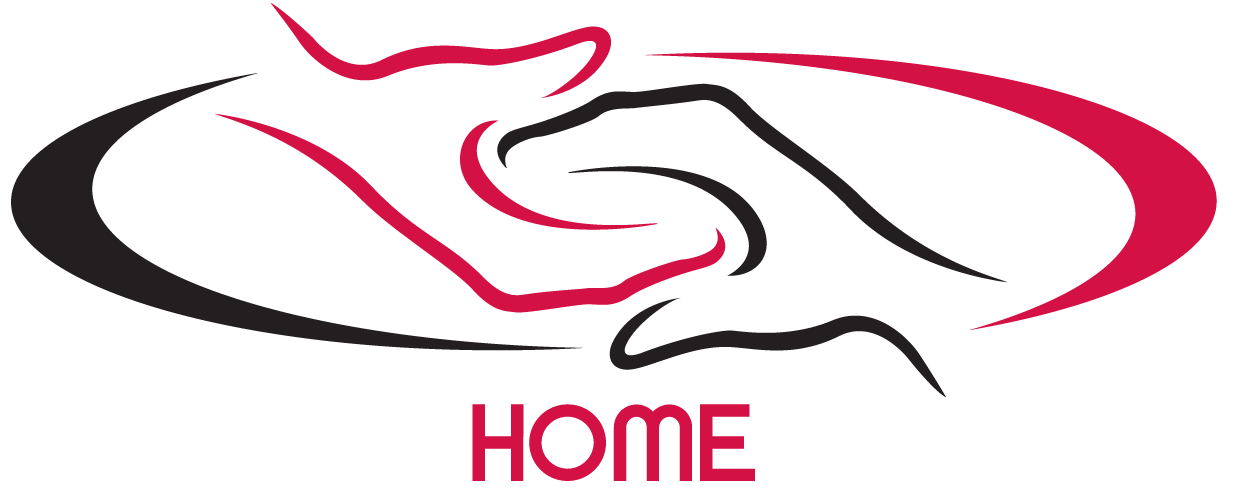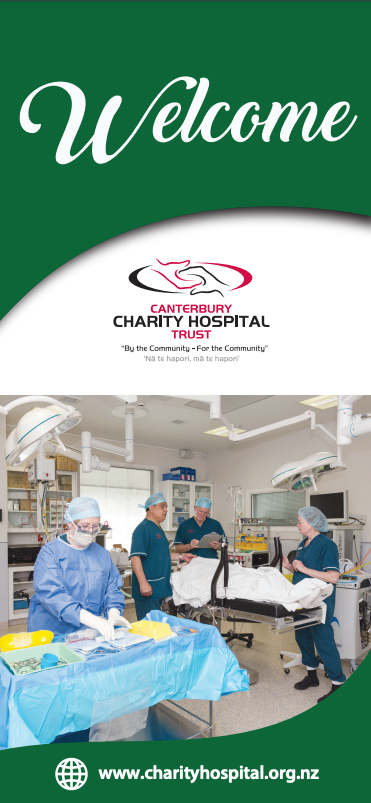Achieving health equity by 2040 is possible if the Government follows recommendations from a road map developed at a conference hosted by Charity Hospital chairman Philip Bagshaw (pictured) and trustee Sue Bagshaw and co-sponsored with the Association of Salaried Medical Specialists.
The conference was attended by over 200 health professionals from around New Zealand and internationally and their input produced the Creating Solutions Te Ara Whai Tika: A road map to health equity 2040 report which clearly outlines the steps required to achieve health equity.
Health equity is defined as people have differences in health that are not only avoidable but unfair and unjust. Equity recognises different people with different levels of advantage require different approaches and resources to get equitable health outcomes
“The reasons for health inequity are well known,” says Philip. “The distribution of power, money and resources influences everyday life. The richest one per cent of our population has 70 times more assets than the rest of the population.”
There are ways to reverse the widening social and economic gaps. These include addressing unmet need by abolishing user charges for primary care, regular population surveys of unmet need and strengthening polices to address poverty by setting the minimum wage to be the same as the living range.
Despite the New Zealand Health Strategy of 2000 addressing health equity, Maori life expectancy is more than seven years less than non-Maori and the poorest New Zealanders can expect to live 10 years less.
Other recommendations in the report include ensuring health and affordable social housing, improved health education in schools and improved training for health professionals.
For more information please email info@charityhospital.org,nz

